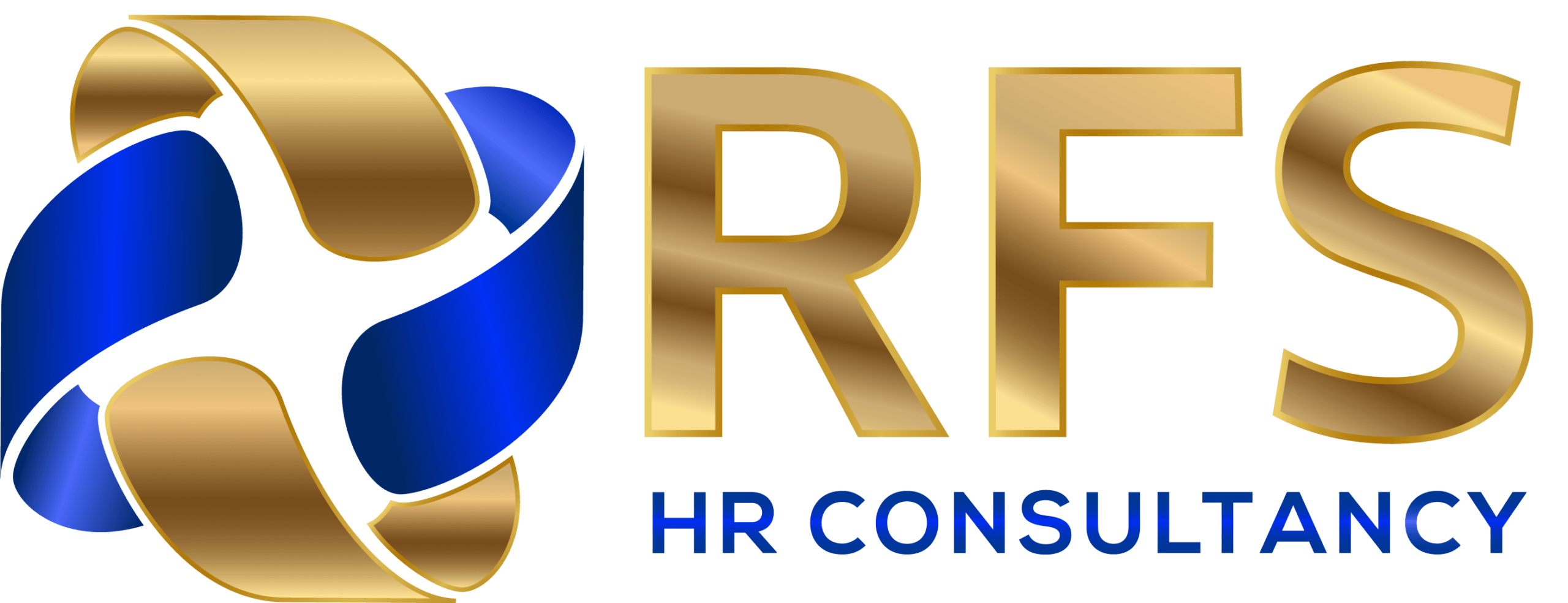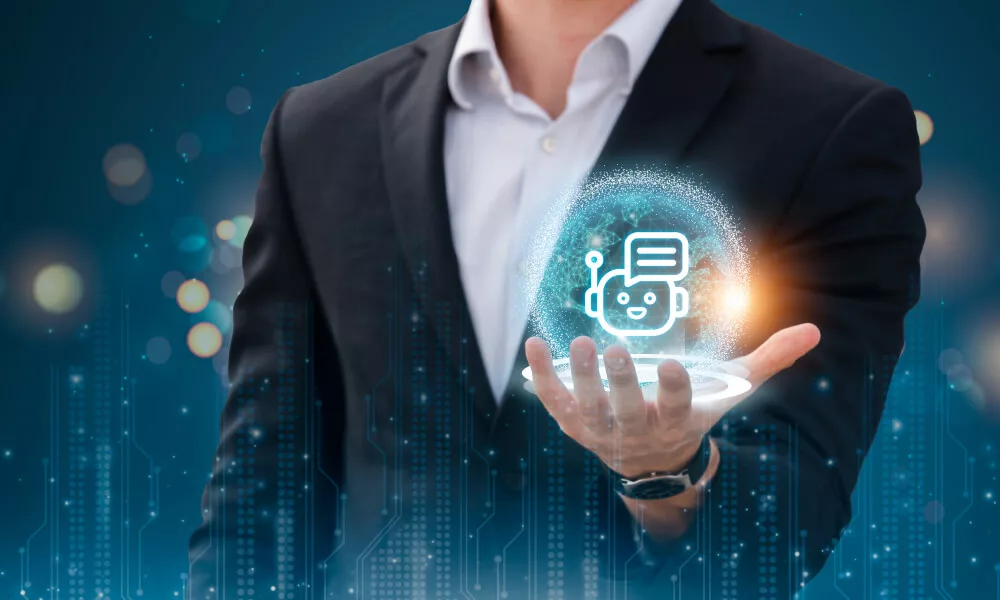The hiring process is never easy, and every step is crucial during the complete recruitment process. According to talent acquisition experts, the hardest part of the hiring process is identifying the ideal candidate from a large application pool.
According to a survey, screening applications efficiently and objectively is considered the biggest recruitment challenge.
AI for Recruiting potential candidates has emerged as a solution for HR technology. The AI technology for recruitment gives the hiring managers leverage on ATS. They can hire more efficiently, screen resumes with objectivity, and shortlist with fewer errors.
Here in this guide, we have elaborated on what is artificial intelligence recruitment, its challenges, what are the benefits of using AI for recruitment, and how it is changing the recruiters’ role. So, let’s get started:
Table of Content
- What is AI for Recruiting?
- Benefits of Using AI for Recruitment
- Challenges for AI
- Effective AI Tools for Recruiters
- Conclusion – How is AI shaping HR’s Role?
What is AI for Recruiting?
Artificial intelligence for recruitment is an application that is helpful in the talent acquisition process. During the procedure, the machine can shortlist suitable candidates and automate the manual tasks of the recruitment process.
The AI technology is designed to automate and streamline many recruiting tasks, including high volume. Artificial Intelligence Recruitment software uses the data in ATS and looks into the talent pool. It helps the recruiters to screen the candidates without any biasness.
Benefits of Using AI for Recruitment:
A few of the advantages of using AI for recruitment are as follows:
- Saves Time on Initial Screening
- Improvise the Quality of Hiring
- Reduce in Turnover
- Boosts Performance and Revenue
Saves Time on Initial Screening
AI saves a lot of time for recruiters by automating the screening process of applications. The hiring volume increases with time, but the hiring team stays the same number or sometimes shrinks. It means fewer managers will be doing more work on short deadlines.
According to the survey, manual screening is the most consuming part of the hiring process. To add to the disaster, around 75% to over 85% of resumes received for the job are not qualified.
On average, shortlisting candidates and screening of applications take over 23 hours for a recruiter for a single position. If you are a tech-savvy person, you can also read our blog on Diverse Talent Acquisition in the Tech Industry.
The biggest advantage of AI for recruiting is reducing the time that is spent on the time-consuming task of screening and shortlisting the candidates. It is also helpful in activating assistance and scheduling the interviews for the shortlisted candidates.
The AI tools for recruitment agencies will automate the process and ensure its seamless integration so the workflow is not disturbed.
Improvise the Quality of Hiring
AI for recruiting means you will get hands-on, better candidates in a shorter time. With AI, the collection of HR data becomes easier to collect, analyze, and access, and the quality of hiring becomes the top KPI of hiring managers.
Reduce Cost: The efficient process of hiring means the cost of hiring will also be reduced. According to an estimate, AI for recruitment reduces costs by over 65% per screen.
Reduce in Turnover
Apart from reducing costs, it also decreases the turnover by 35%. The differences eventually result in efficient hiring and lower prices than before.
Boosts Performance and Revenue
With AI tools, the organization’s performance increases overall to 20%, and it also increases its revenue to 4%. Therefore, the tools are beneficial for recruiters and organizations.
Challenges for AI
A few of the challenges that can be faced by using AI in the recruitment process are:
- Artificial Intelligence Requires Data
- AI can Learn the Biasness
- New Technology Usage Creates Doubts
Artificial Intelligence Requires Data
AI, in general, requires a hefty amount of data to learn how to copy human intelligence. For instance, the AI will need to know about the procedure of how to screen the CVs and resumes accurately, just like human recruiters do. It might need to evaluate and learn from hundreds or thousands of resumes for a certain role.
AI can Learn the Biasness
AI mimics human behavior and shortlisting behavior while screening the applications. Artificial Intelligence ensures minimum biasness by ignoring any information that causes discrimination, including age, race, ethnicity, religion, or gender. However, it evaluates the previous patterns, and that can be challenging while screening applications.
It also means that the biasness might already be in the hiring process, and AI can mimic it without any diligence. Therefore, when you are using AI for the hiring process, make sure that the vendor has taken steps to deal with the issue.
New Technology Usage Creates Doubts
The recruiters are introduced to many new technologies every day, and most of them disappear as quickly as they have appeared. Therefore, recruiters and HR can be skeptical about using the technologies that guarantee to make their jobs easier and facilitate the HR Ecosystem.
Most of the HRs want to make sure that any software that they use will actually automate one of their crucial tasks and will be doing as well as they are doing up till now.
Effective AI Tools for Recruiters
A few of the effective AI tools for recruiters are as follows:
- Chatbots
- AI Screening Software
- Digital Interviews
Chatbots
The AI chatbots for recruiters are pretty useful. Still, they are under test, so they can provide an actual interaction to the applicants by asking them the questions relevant to the job. Moreover, it will offer them feedback, suggestions, and updates. AI-powered chats can improve the candidate experience in the future and simplify the HR task.
AI Screening Software
The AI screening software generally automates the manual process of screening and shortlisting the resume from the massive database of resumes. It can learn which candidate succeeded or failed in their career based on tenure, performance, and turnover of the company.
Digital Interviews
The AI tools can conduct digital interviews of the candidates for a while, as they can learn the human patterns of interviews. While interviewing the candidate, it can evaluate the facial expressions, speech patterns, and word choices for assessment and recommend whether the person is an ideal fit for the company or not.
Conclusion – How is AI shaping HR’s Role?
Last but not least, AI will be shaping the HR role in the future by conducting strategic hiring efficiently. It will also help in focusing more on quality and reducing the cost overall. It will also help in retaining the candidates for more time in the company.
Read More Related Blogs:
How to Build a Successful Career in Cloud Computing
Software Development Hiring Trends: An Overview
A Guide to Recruiting the Best DevOps Talent




